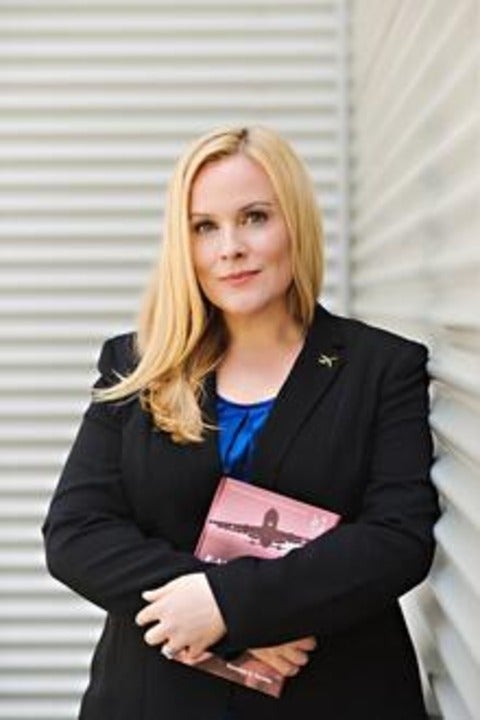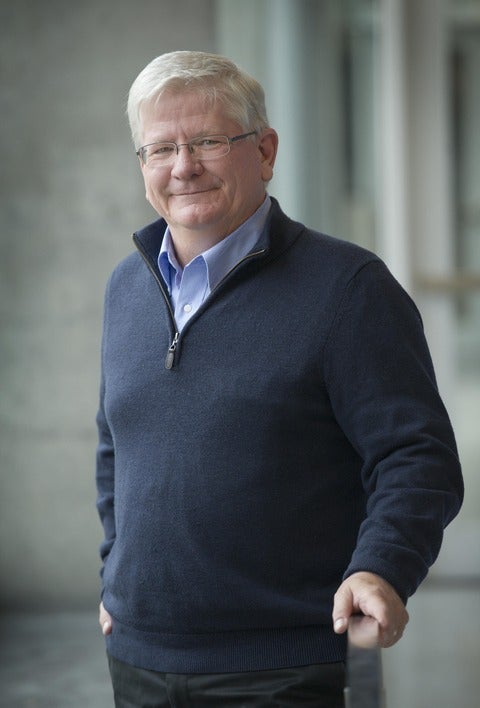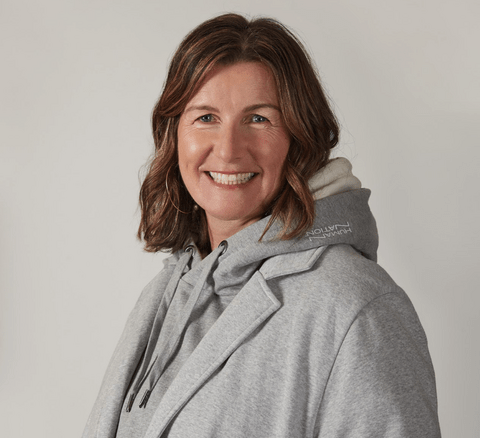HackRx with us: students across Canada invited to pharmacy and technology hackathon
University of Waterloo School of Pharmacy and University of Toronto pharmacy students are partnering to deliver one of Canada’s first pharmacy and technology focused hackathons.
Health and technology are destined to work together. The pandemic has only accelerated the speed of this collaboration, with many health-care workers turning to technology-enabled means of delivering services.










